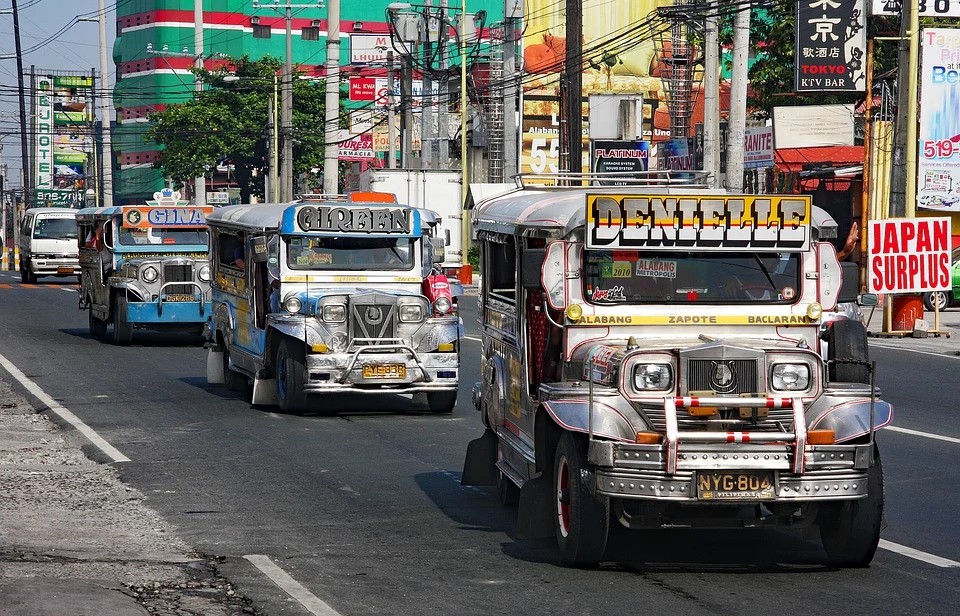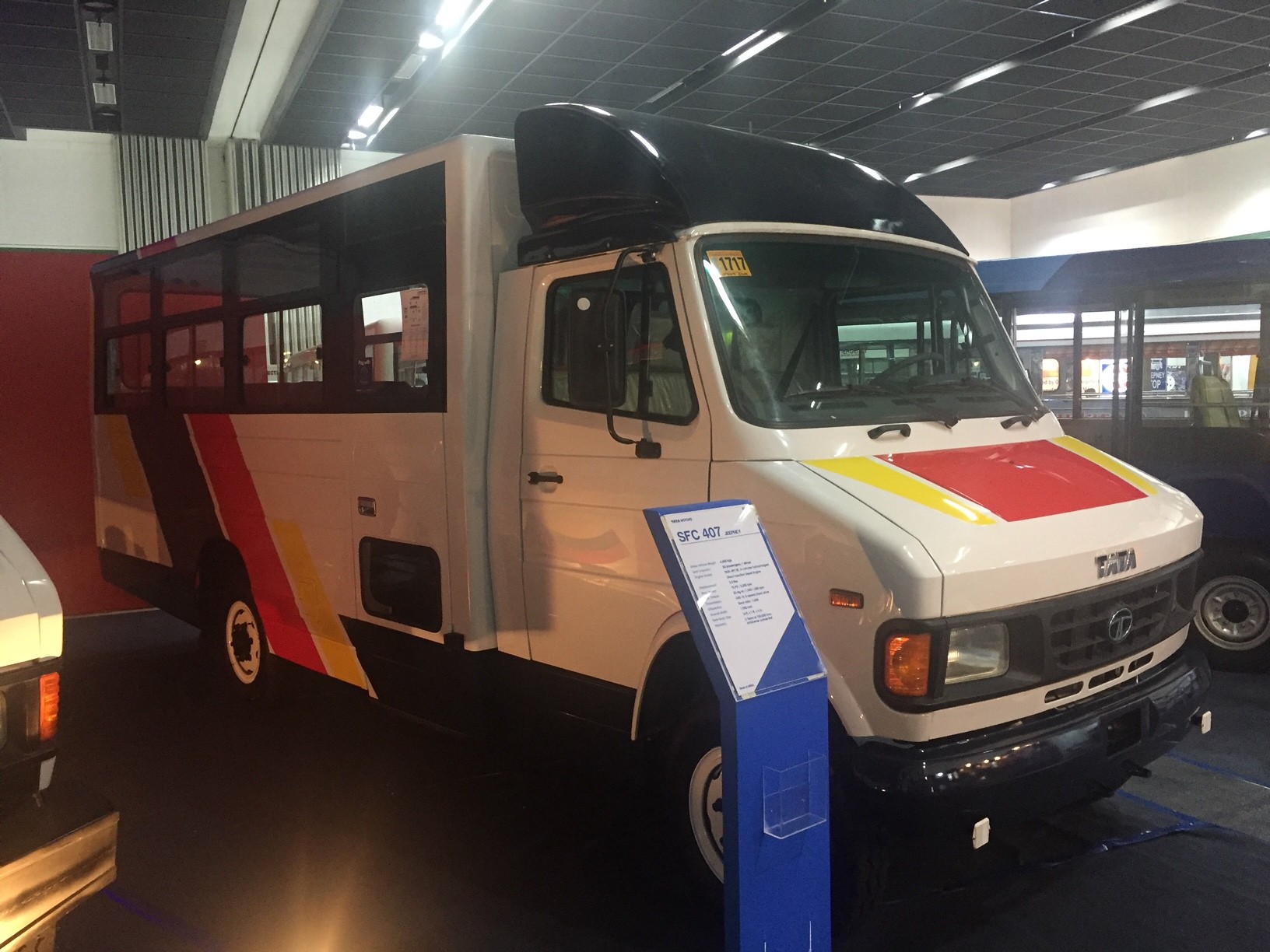Fate of PUJs under GCQ
By Andrea Nicole
Posted on Jun 08, 2020

Source: Pixabay
Metro Manila, the epicenter of COVID-19 in the Philippines, has been placed under General Community Quarantine (GCQ) since June 1. Metro Manila recorded 10,870 of the 12,466 COVID-19 cases reported by the Department of Health as of May 30,2020.
Other regions have also been placed under GCQ, which allowed some businesses to operate. Public transportation has also resumed under reduced passenger capacity. However, here is what is in store for operators and drivers of Public Utility Jeepneys (PUJs) on the first few days of GCQ.
Suspended Operations
Operators and drivers of PUJs, the most popular means of transportation in the country, were not allowed to operate in Metro Manila and other areas under GCQ as per the recommendation of Department of Interior and Local Government (DILG) Secretary Eduardo Año, who is also vice chair for the Inter-Agency Task Force for the Management of Emerging Infectious Diseases (IATF-EID).
In the Laging Handa press briefing on May 30, Presidential Spokesperson Harry Roque also reiterated that PUJs should not be allowed to operate in Metro Manila and other areas under GCQ since it was hard to practice social distancing inside the jeepneys.
The PUJs have two opposite long benches facing each other resulting in passengers sitting side by side and facing those in the opposite row.
This resulted in another period of no income for drivers and operators of PUJs. Leaving most of them to rely on relief goods, cash-aids from kind-hearted individuals.
Special permits for “Modern Jeepneys”

Source: Wikimedia Commons
Under GCQ, those who purchased “Modern Jeepneys” are granted special permits to operate by the Land Transportation Franchising and Regulatory Board (LTFRB) and the Department of Transportation (DOTr).
The controversial PUJ modernization program was launched in 2017 and was met with protests by PUJ transport groups since this program requires them to buy “Modern Jeepneys” worth at least P750,000, more than what an average traditional jeepney operator can earn.
“Roadworthy” Jeepneys may operate
Defending the ban on jeepneys, DOTr Secretary Arthur Tugade said that if operators and drivers of PUJs can show that they could implement public health measures and are roadworthy then they can be allowed to operate on GCQ areas.
Tugade asked for patience from the public, giving assurance that the government will implement improvements on public transportation for Metro Manila and other areas under GCQ.

